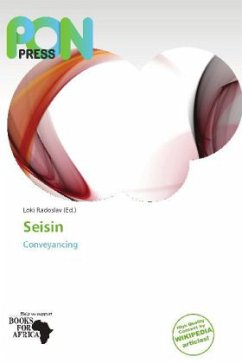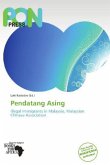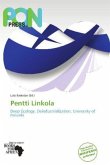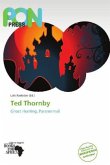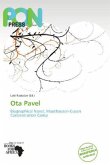Seisin is the term denoting the legal possession of a feudal fiefdom (i.e. an estate in land). It was used in the form of "the son and heir of X has obtained seisin of his inheritance", and thus is effectively a term concerned with conveyancing in the feudal era. In the feudal age the king alone "owned" all the land of England by his allodial right, all his subjects merely held tenures in fiefs, that is to say estates-in-land.Seisin comes from Middle English saysen, seysen, in the legal sense of to put in possession of, or to take possession of, hence, to grasp, to seize. The Old French variations seisir, saisir, are from Low Latin sacire, generally referred to the same source as Gothic satjan, Old English settan, to put in place, set.
Bitte wählen Sie Ihr Anliegen aus.
Rechnungen
Retourenschein anfordern
Bestellstatus
Storno

